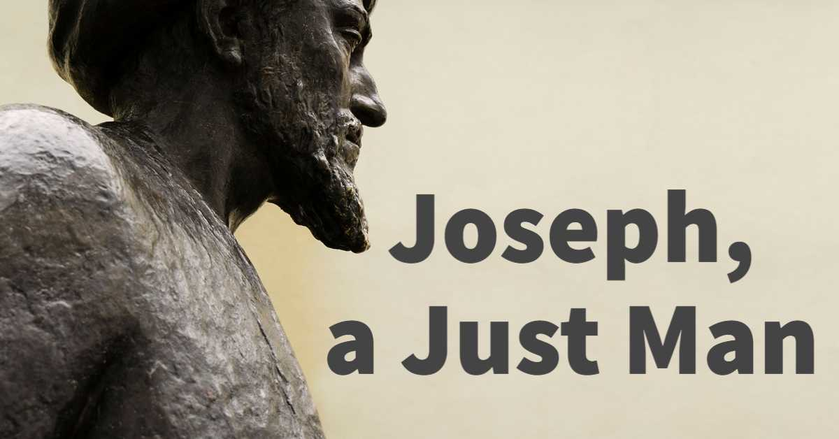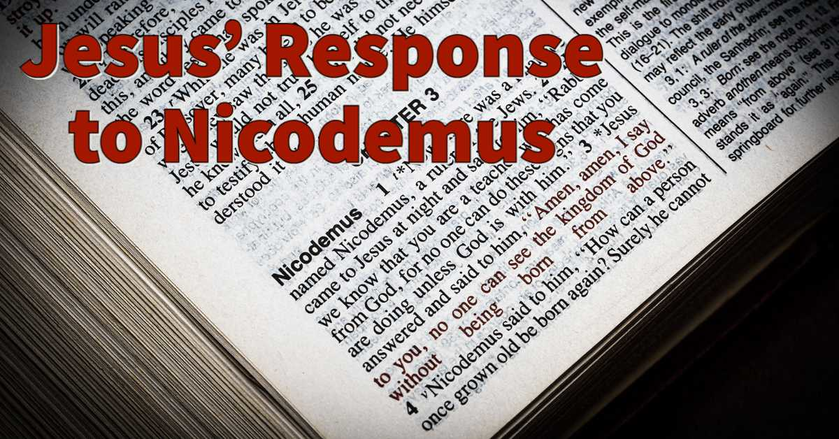When we discuss the lineage of Jesus, we sometimes overlook Joseph, His legal father. Not much is said about him in the gospels, he apparently died while Jesus was still a young man. But we can learn a great deal from the little that is said about him.
He stands as an example of what God would have of us.
- He has shown you, O man, what is good; And what does the LORD require of you But to do justly, To love mercy, And to walk humbly with your God? (Micah 6:8)
- Then Joseph her husband, being a just man, and not wanting to make her a public example, was minded to put her away secretly. (Matthew 1:19)
We should never forget that God chose him to be the legal guardian of His only begotten Son. Certainly, we can learn a great deal from the kind of man God would choose for that great work.
- He was just (righteous) (Matthew 1:19).
- He was faithful…
- To God
- Then Joseph, being aroused from sleep, did as the angel of the Lord commanded him and took to him his wife, (Matthew 1:24)
- His parents went to Jerusalem every year at the Feast of the Passover. (Luke 2:41)
- To his family
- Is this not the carpenter’s son? Is not His mother called Mary? And His brothers James, Joses, Simon, and Judas? (Matthew 13:55)
- Is this not the carpenter, the Son of Mary, and brother of James, Joses, Judas, and Simon? And are not His sisters here with us?” So they were offended at Him. (Mark 6:3)
- Train up a child in the way he should go, And when he is old he will not depart from it. (Proverbs 22:6)
- And you, fathers, do not provoke your children to wrath, but bring them up in the training and admonition of the Lord. (Ephesians 6:4)
- To God
- He was obedient.
- Now when they had departed, behold, an angel of the Lord appeared to Joseph in a dream, saying, “Arise, take the young Child and His mother, flee to Egypt, and stay there until I bring you word; for Herod will seek the young Child to destroy Him.” When he arose, he took the young Child and His mother by night and departed for Egypt, (Matthew 2:13-14)



















